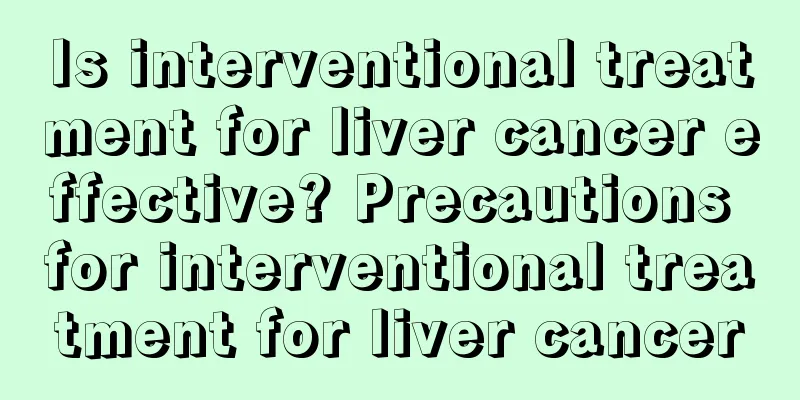How long can one live if he can still eat in the late stage of esophageal cancer

|
Patients with advanced esophageal cancer can prolong their survival through nutritional support and symptom management. The specific time depends on the individual's condition and treatment effect. Due to tumor obstruction or invasion of the esophagus, patients with advanced esophageal cancer often have difficulty swallowing, resulting in insufficient nutritional intake, which in turn affects the quality of life. Treatment includes nutritional support, drug therapy and palliative care to relieve symptoms and improve quality of life. 1. Nutritional support: Patients with advanced esophageal cancer often suffer from malnutrition due to dysphagia and need to supplement energy and nutrients through nasogastric tube, gastrostomy or intravenous nutrition. High-calorie, high-protein liquid or semi-liquid diets help maintain body weight and physical strength. Nutritionists can develop personalized diet plans based on the patient's condition to ensure adequate nutritional intake. 2. Drug treatment: For the symptoms of advanced esophageal cancer, analgesics, antiemetics and antacids can be used to relieve pain, nausea and acid reflux. Chemotherapy drugs such as paclitaxel, cisplatin and 5-fluorouracil can inhibit tumor growth, but the dose needs to be adjusted according to the patient's physical condition and tolerance. Targeted drugs such as trastuzumab and ramucirumab can treat specific gene mutations. 3. Palliative care: Palliative care aims to relieve symptoms and improve quality of life, including psychological support, pain management, and respiratory support. Radiotherapy can be used to shrink tumors and relieve dysphagia and pain. Endoscopic stent implantation can dilate the esophagus and relieve dysphagia. A multidisciplinary team, including oncologists, dietitians, psychologists, and nursing staff, works together to develop a comprehensive treatment plan. The survival of patients with advanced esophageal cancer is affected by many factors, including tumor stage, physical condition, treatment effect and psychological state. Through comprehensive treatment and nutritional support, patients can prolong their survival and improve their quality of life. Family members and medical staff need to work closely together to provide all-round support and care to help patients overcome difficulties. |
<<: How to effectively treat esophageal cancer in the 80s
>>: What are the symptoms of people with tongue cancer
Recommend
Persimmon stewed with tofu
Persimmon stewed with tofu, here refers to tomato...
Will nasopharyngeal cancer cause high intraocular pressure?
Will nasopharyngeal cancer cause high intraocular...
Is a mole that becomes larger and cauliflower-shaped during pregnancy melanoma?
The high-risk group for melanoma is the elderly, ...
Four obvious advantages of TCM in treating laryngeal cancer
With the continuous development of medical techno...
5 factors contribute to the cause of colorectal cancer
Colorectal cancer can cause great harm to people&...
How to recover a severed finger nerve
Many things in people's work and life need to...
Does water-based paint contain formaldehyde?
When people move into a new house, they will choo...
What is the nutritional value of low-sugar seaweed cookies?
Everyone is familiar with seaweed. Many people ar...
What should I eat after colon cancer surgery
What should you eat after surgery for colorectal ...
What should I pay attention to after ovarian tumor surgery
Ovarian tumors are relatively serious gynecologic...
Thyroid cancer screening cost
How much does a thyroid cancer check cost? Many p...
How long does it take for the hormone face to stop turning red
Many people are on hormones. The so-called hormon...
What are the early symptoms of nasopharyngeal cancer and how to eat
What are the early symptoms of nasopharyngeal can...
What are the early symptoms of skin cancer
The early symptoms of skin cancer can occur anywh...
What are the ways to improve oily hair?
I believe that in daily life, many friends are ve...









